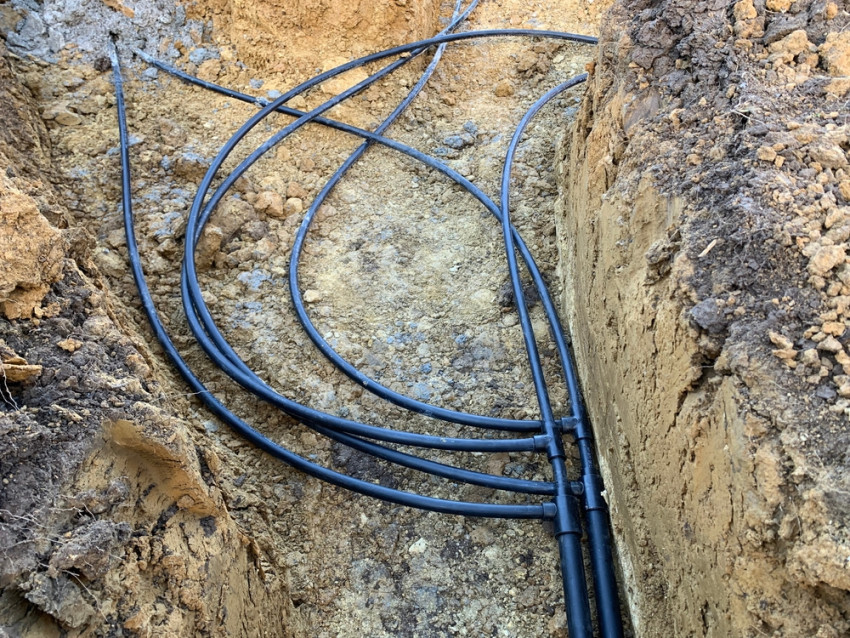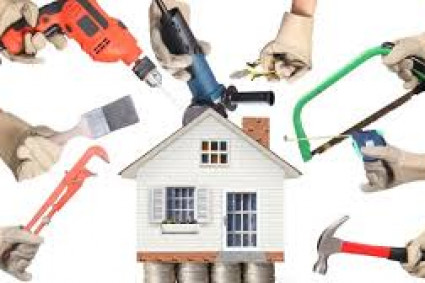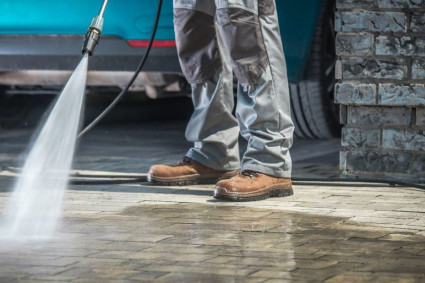
Curious about how much an air source heat pump would set you back? Wondering if the investment is worth it? Let's dive into the details and demystify the costs associated with these nifty eco-friendly home climate control systems.
Understanding the Cost Factors:
Initial Investment:
When we talk about the cost of an air source heat pump, the initial investment is where it all begins. Typically, you're looking at a price range between $2,500 and $7,500 for the unit alone. But hold on, there's more. Installation charges can vary, and region plays a role here. Check out the table below for a better breakdown:
Region Installation Cost Range
Midwest $1,500 - $3,000
Northeast $2,000 - $3,500
South $1,200 - $2,500
West $2,500 - $4,000
Operational Costs:
Once installed, your air source heat pump will incur operational costs. These include energy consumption charges. Compared to traditional systems, the efficiency of these pumps can save you dollars in the long run. The table below illustrates potential savings:
System Efficiency Annual Savings Compared to Traditional Systems
Low (SEER 14) Up to 20%
Moderate (SEER 18) 20% - 40%
High (SEER 22) 40% - 60%
Factors Influencing Air Source Heat Pump Prices:
System Capacity:
Bigger isn't always better when it comes to heat pumps. The capacity you need depends on your home size and climate. Oversizing leads to unnecessary costs, and undersizing won't keep you cozy. Consider factors like square footage and insulation levels.
Energy Efficiency Ratings:
SEER and HSPF ratings determine how efficiently your pump operates. Higher ratings might mean a heftier upfront cost, but they pay off in reduced energy bills. Think of it as a long-term investment in your comfort and savings.
Installation Considerations:
Professional Installation Costs:
Don't cut corners when it comes to installation. Certified professionals ensure your system is set up correctly, maximizing efficiency and longevity. Installation costs might seem like an extra expense, but they ensure your pump performs optimally.
Ductwork and Infrastructure:
If your home lacks existing ductwork, additional expenses might accrue. The upfront cost of adapting or installing new ducts is a crucial factor to consider.
Regional Variations in Pricing:
Climate Impact on Efficiency:
Where you live influences how well an air source heat pump performs. Extreme temperatures can affect efficiency, prompting adjustments that may come with additional costs.
Government Incentives and Rebates:
Explore local incentives and rebates. These can significantly offset initial costs. Governments are increasingly encouraging the adoption of these energy-efficient solutions.
Maintenance Costs and Long-Term Savings:
Routine Maintenance Expenses:
Regular maintenance is key to a long and healthy life for your heat pump. Budget for routine check-ups and potential repairs to keep it running smoothly.
Long-Term Energy Savings:
While the initial cost may seem significant, consider it an investment. Over time, air source heat pumps can lead to substantial savings compared to traditional heating and cooling systems.
Case Studies and Real-World Examples:
Success Stories:
Real homeowners are already reaping the rewards. Consider the case of the Smith family, who saw a 30% reduction in their annual energy bills after switching to an air source heat pump. Real-world examples can provide insights into the practical benefits.
Conclusion:
In conclusion, the question of "how much is an air source heat pump" is multifaceted. Initial investment, operational costs, efficiency ratings, and regional factors all play a role. It's an investment in comfort, energy efficiency, and long-term savings. So, consider the specifics of your situation, explore incentives, and make an informed decision for a cozier and cost-effective home.



